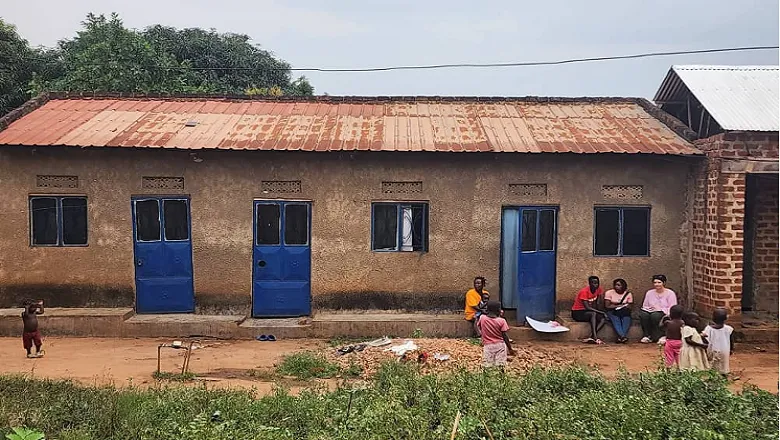Narratives produced by China and some host country governments about the potential success of zones convey excessive expectations that are not matched by the subsequent realities of zone development... Many zones are built based on promises of massive employment generation and attraction of large numbers of investing companies. However, zones underperform along these indicators in most cases.
17 October 2024
New report examines the impacts of China-associated economic development zones in Africa
Research explores the economic, social, labour, environmental and political outcomes of China-associated zones across Africa

Research conducted by Drs Charlotte Goodburn, Jan Knoerich and Soumya Mishra from King's College London, has found that China-associated zones are meaningful for economies, investments, industrialisation, jobs and urbanisation, but are rarely transformative for their host countries, unlike China’s own special economic zones.
The new report out today identifies, maps, categorises and analyses economic development zones associated with China across the whole of Africa. Informed by artificial intelligence analysis of 50 China-associated zones, Geographic Information System (GIS) mapping of a sub-sample of eight zones, and in-depth fieldwork in two case study zones (Nigeria’s Lekki Free Zone in Nigeria and Uganda’s Liaoshen Industrial Park), it uncovers the realities of zone establishment and actual outcomes, focusing on the specific opportunities and challenges posed by Chinese involvement.
The researchers analyse Chinese promotional narratives of such zones, contrasting them with the reality on the ground; examine the characteristics and processes of establishing zones and the nature of China’s role; assess the performance of such zones along a range of dimensions; and, based on these insights, evaluate the feasibility of transferring a ‘China model’ of special economic zones into the African context.
The report further shows there are many problematic impacts from such zones, especially in the form of limited enhancement of exports; few technological or skills-related spillovers; land expropriation; labour abuses; environmental degradation; and lack of inclusion of marginalised groups, particularly those from local communities. These challenges are not necessarily a result of the zones being China-associated but often reflect broader problems with the concept and development of economic development zones, or difficulties resulting from particular local contexts in host countries.
Translating a Chinese approach to development through economic zones into the local African context is therefore not straightforward, and attempts at replicating China’s approach need to be ‘smart’: identifying potential negative side effects of zones, factoring in specific contexts in Africa, and adapting the zones to local circumstances. Realistic expectations should be set when planning and developing such zones.
A key problem is the failure to consider the impact on livelihoods of local populations and migrants. While zones provide new income generation opportunities for both these groups, these often emerge in the context of significant loss of livelihoods, dispossession without adequate compensation, social disruption and lack of social cohesion, poor working conditions, labour exploitation and abuse, health and safety risks and environmental damage.
The researchers argue that, in the absence of Chinese-style transformation, successfully performing zones should be seen as those that provide for genuinely inclusive growth, and aim to achieve greater “zone-level social responsibility” (ZSR). This means operating zones in a way that benefits society, people and the environment. To this end, they have built a new online toolbox to promote ZSR among policymakers and zone developers in the developing world, drawing on case studies not only from Africa but also from their previous work on economic zones in India. They hope that this new tool will make a significant difference to future zone planning for more positive local and national outcomes.




